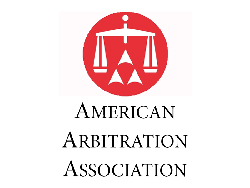should I sue?
Lawsuit Analyzer© will provide the pro se litigant with legal evaluation to determine if a case is feasible and will identify the correct forum for the dispute.
Featured On*




Featured On*




Featured On




Stop…
wasting time, sleepless nights, stressing, feeling victimized
Are you ready to get your life back…
and gain the peace of mind that comes from making the right legal analysis?
Lawsuit Analyzer© will do this for you
What the country is Saying
GOOD MORNING AMERICA
“Who needs a live lawyer when you have the Lawsuit Analyzer©.
CNBC
“Think you need a lawyer to settle your dispute? Lawsuit Analyzer© shows you how to avoid high fees and do it on your own.”
The Lawsuit Analyzer© is a one-of-a-kind program featured on Good Morning America, CNBC and CBN and recommended by the American Arbitration Association.
AMERICAN ARBITRATION ASSOCIATION
CBN NEWS
“Lawsuit Analyzer© will save you a great deal of anguish and huge amounts of money.”
Click here to Begin!
Important to know
- Clicking on top Menu GLOSSARY or underlined words takes you to the glossary
- On a computer, use the Search bar at the top of pages to find answers
- The back button takes you back to where you were
- It is best to read the RESOURCES pages before taking Lawsuit Analyzer©
